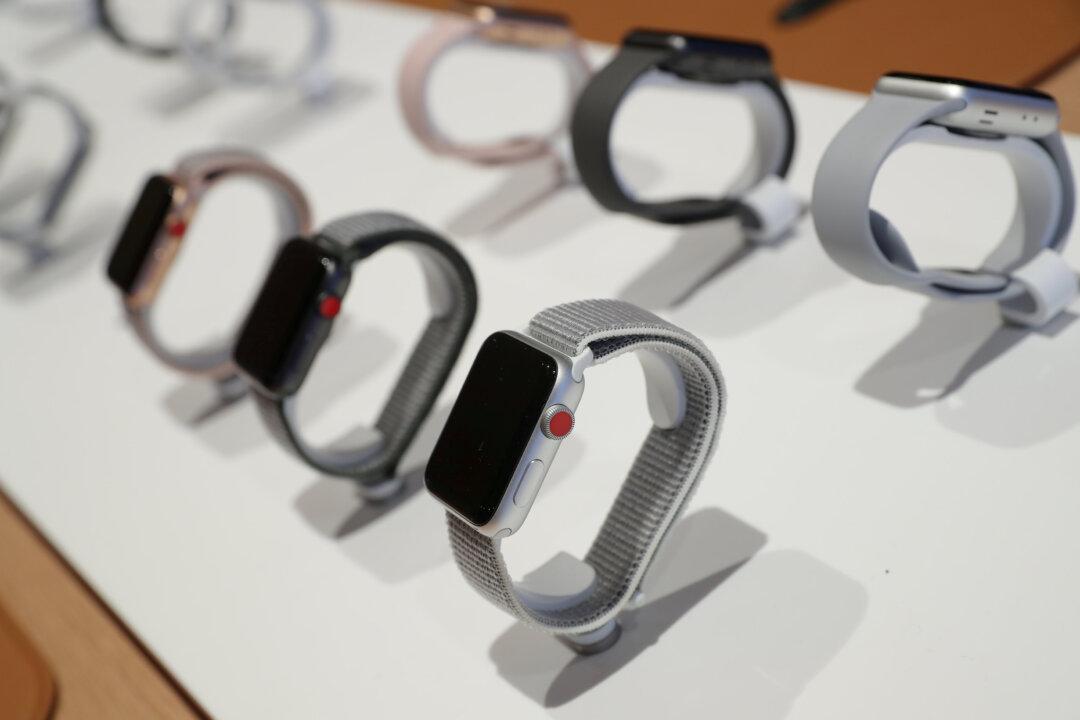President Donald Trump nudged the Ford Motor Co. and Apple Inc. to move their manufacturing to the United States to avoid the tariffs that Washington is imposing on Beijing as part of a protracted trade dispute.
Trump conveyed the message in a pair of Twitter messages on Sept. 8 and Sept. 9, suggesting that the companies won’t pay tariffs on their products if they move their production plants back home.





